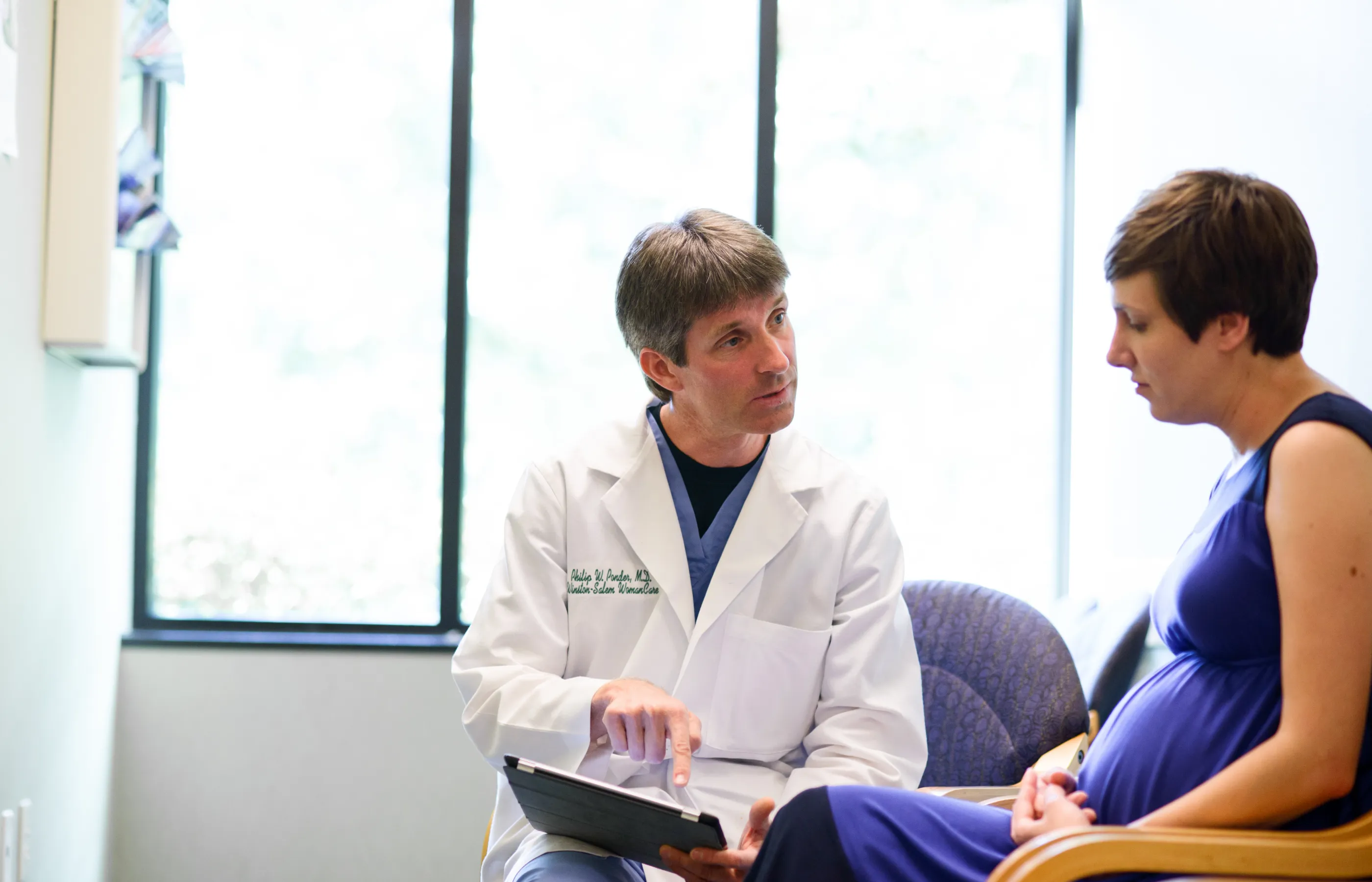Gestational Diabetes Care
Here to help to keep you and your baby safe
With help from the ob-gyns, dietitians and other diabetes experts at Novant Health, you can create a self-care plan that keeps you and your baby healthy throughout your pregnancy and delivery. Speak with your primary care provider about resources and tools available to help manage your diabetes, and they can refer you to the Novant Health diabetes specialists to help support you and your baby.
